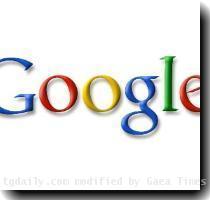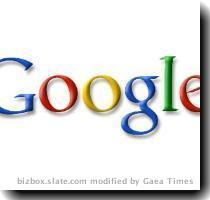Google allows publishers to limit amount of free news content in concession to media industry
By APWednesday, December 2, 2009
Google allows publishers to limit free content
LONDON — Google Inc. is allowing publishers of paid content to limit the number of free news articles accessed by people using its Internet search engine, a concession to an increasingly disgruntled media industry.
There has been mounting criticism of Google’s practices from media publishers — most notably News Corp. chairman and chief executive Rupert Murdoch — that argue the company is profiting from online news pages.
In an official blog posted late Tuesday, Josh Cohen, Google’s senior business product manager, said the company had updated its so-called First Click Free program so publishers can limit users to viewing no more than five articles a day without registering or subscribing.
Previously, each click from a user of Google’s search engine would be treated as free.
“If you’re a Google user, this means that you may start to see a registration page after you’ve clicked through to more than five articles on the website of a publisher using First Click Free in a day … while allowing publishers to focus on potential subscribers who are accessing a lot of their content on a regular basis,” Cohen wrote in the post.
Murdoch on Tuesday told a Washington D.C. conference that media companies should charge for content and stop news aggregators like Google from “feeding off the hard-earned efforts and investments of others.”
News Corp. already charges for online access to The Wall Street Journal and it plans to expand that to other publications, including British newspapers The Sun and The Times.
A fundamental problem facing the media industry, Murdoch told the U.S. Federal Trade Commission workshop, is that “technology makes it cheap and easy to distribute news for anyone with Internet access, but producing journalism is expensive.”
“Right now there is a huge gap in costs,” he added, referring to news compilation sites like Google.
Cohen stressed that publishers and Google could coexist, with the former able to charge for their content and still make it available via Google under the revamped click program.
“The two aren’t mutually exclusive,” Cohen said on the blog.
“After all, whether you’re offering your content for free or selling it, it’s crucial that people find it,” he added. “Google can help with that.”
Cohen said that Google will also begin crawling, indexing and treating as “free” any preview pages — usually the headline and first few paragraphs of a story — from subscription Web sites.
People using Google would then see the same content that would be shown free to a user of the media site and the stories labelled as “subscription” in Google News.
“The ranking of these articles will be subject to the same criteria as all sites in Google, whether paid or free,” Cohen said. “Paid content may not do as well as free options, but that is not a decision we make based on whether or not it’s free. It’s simply based on the popularity of the content with users and other sites that link to it.”
Tags: Computing And Information Technology, Europe, London, Software, United Kingdom, Western Europe

